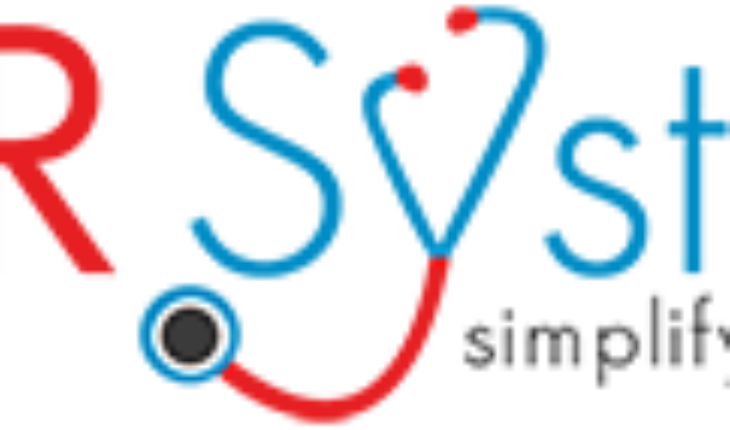EMR Software Benefits You Need To Know
EMR software has revolutionized the way healthcare providers manage patient information. Whether you’re a small clinic or a large hospital, EMR can enhance patient care, streamline workflows, and improve accuracy. Let’s dive into the key benefits of Electronic Medical Records (EMR) software.
EMR Software Improves Patient Care
Access to Accurate Patient Data
With EMR software, healthcare providers have instant access to up-to-date patient information, allowing for more accurate diagnosis and treatment. Providers can quickly review a patient’s medical history, allergies, lab results, and more, reducing the risk of errors.
Better Care Coordination
EMR systems make it easier to share patient data between specialists, primary care providers, and hospitals. With seamless communication, patients receive better-coordinated care, reducing delays and avoiding redundant tests or procedures.
EMR Software Enhances Efficiency
Faster Access to Information
Gone are the days of sifting through stacks of paper records. EMR provides instant access to patient files with just a few clicks. This quick access means healthcare providers spend less time on administrative tasks and more time on patient care.
Streamlined Workflow
EMR automates many administrative tasks, such as scheduling, billing, and documentation. This automation helps clinics run smoothly, allowing staff to focus on patient care. It also reduces the need for paper forms, saving time and reducing clutter.
EMR Software Reduces Medical Errors
Real-Time Alerts and Reminders
EMR can alert providers to potential medication interactions, allergies, or abnormal lab results. These real-time alerts are essential for preventing harmful medical errors, and ensuring patients receive safe and effective treatment.
EMR Software Standardizes Documentation
With standardized templates and forms, EMR software ensures that providers record information consistently. This consistency helps reduce misunderstandings and errors, enhancing the overall quality of patient care.
EMR Software Saves Costs
Reduced Administrative Costs
By digitizing records, EMR reduces the need for physical storage space, printing, and other paper-related expenses. Automated billing and coding features also help reduce administrative costs by minimizing human error and speeding up the billing process.
Increased Revenue Opportunities
EMR software helps clinics optimize their billing processes. It can automatically identify billable procedures, reduce denied claims, and even identify revenue opportunities by highlighting underutilized services.
EMR Software Enhances Patient Engagement
EMR Software Patient Portals
Many EMR providers offer patient portals, allowing patients to view their medical records, request prescription refills, and schedule appointments online. This convenience encourages patients to engage more in their healthcare journey, fostering a stronger provider-patient relationship.
Improved Communication
EMR software enables secure messaging between providers and patients. Patients can easily reach out to their providers for follow-up questions or concerns, improving communication and enhancing the patient experience.
Data Security and Compliance
Enhanced Data Security
EMR provides robust data protection features, including encryption and access control. This security protects sensitive patient data from unauthorized access, ensuring compliance with regulations like HIPAA.
EMR Software Disaster Recovery
In the event of a natural disaster or system failure, the software provides backup and recovery options. This means that patient records are safeguarded, ensuring that healthcare providers can quickly restore data and continue patient care.
EMR Software Improves Clinical Decision-Making
Data Analytics and Insights
EMR software can analyze patient data to identify trends and patterns, which can help inform clinical decisions. For example, identifying patients at high risk for certain conditions allows providers to offer preventive care and improve outcomes.
Evidence-Based Practice
With EMR, providers have access to the latest research and guidelines, helping them make informed decisions. This support for evidence-based practice ensures that patients receive the most up-to-date and effective treatments.
Better Compliance and Reporting
Easier Reporting for Quality Programs
EMR simplifies the reporting process for healthcare quality programs, such as MIPS (Merit-based Incentive Payment System). By automating data collection and reporting, EMR helps healthcare organizations meet regulatory requirements and qualify for incentive payments.
Streamlined Audit Process
EMR software stores data in a structured format, making it easier to retrieve information for audits. This streamlining saves time and reduces the stress of compliance audits, ensuring accurate records are always accessible.
Environmentally Friendly EMR Software
Reduced Paper Use
With EMR, clinics can significantly reduce paper usage. This not only helps the environment but also reduces waste and lowers operating costs associated with printing, storage, and disposal.
Efficient Energy Use
By digitizing records, EMR software reduces the need for large filing systems and storage rooms. This reduction in physical storage can help clinics reduce energy usage and create a more sustainable workplace.
Share This Story, Choose Your Platform!
Go to Top








